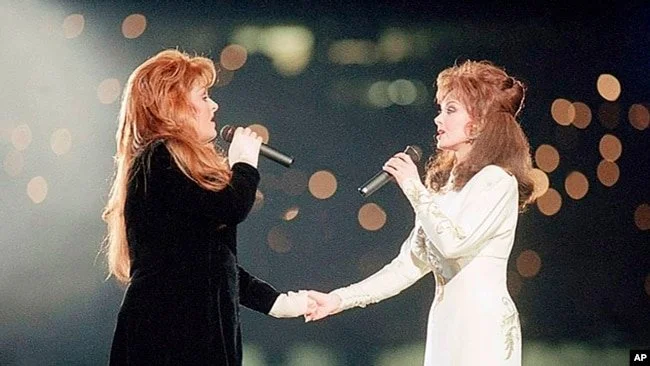After fierce closed-door debates about President Joe Biden and Holy Communion, the U.S. Conference of Catholic Bishops managed to release a muted document last fall that did little to please activists on either side of the church's wars about abortion and politicians in pews.
But one passage in "The Mystery of the Eucharist in the Life of the Church" turned into a ticking clock in the Archdiocese of San Francisco, setting the stage for the current clash between Archbishop Salvatore J. Cordileone and a member of his flock – House Speaker Nancy Pelosi.
"It is the special responsibility of the diocesan bishop to work to remedy situations that involve public actions at variance with the visible communion of the Church and the moral law," noted the bishops. "Indeed, he must guard the integrity of the sacrament, the visible communion of the Church, and the salvation of souls."
Cordileone's diocese includes the 12th Congressional District of California. After six private attempts to reach Pelosi, he released a May 20 statement telling her that "you are not to present yourself for Holy Communion and, should you do so, you are not to be admitted to Holy Communion, until such time as you publicly repudiate your advocacy for the legitimacy of abortion and confess and receive absolution of this grave sin in the sacrament of Penance."
The archbishop built his case with quotes from Pope Francis, Pope St. John Paul II and the now-retired Pope Benedict XVI, as well as Canon law stating that Catholics who "obstinately persist in manifest grave sin" are "not to be admitted to Holy Communion."
The speaker's words and actions, he added, suggest she isn't worrying about papal authority. Pelosi, the mother of five children, recently told the Seattle Times that the "personal nature of this is so appalling, and I say that as a devout Catholic. They say to me, 'Nancy Pelosi thinks she knows more about having babies than the pope.' Yes, I do. Are you stupid?"






